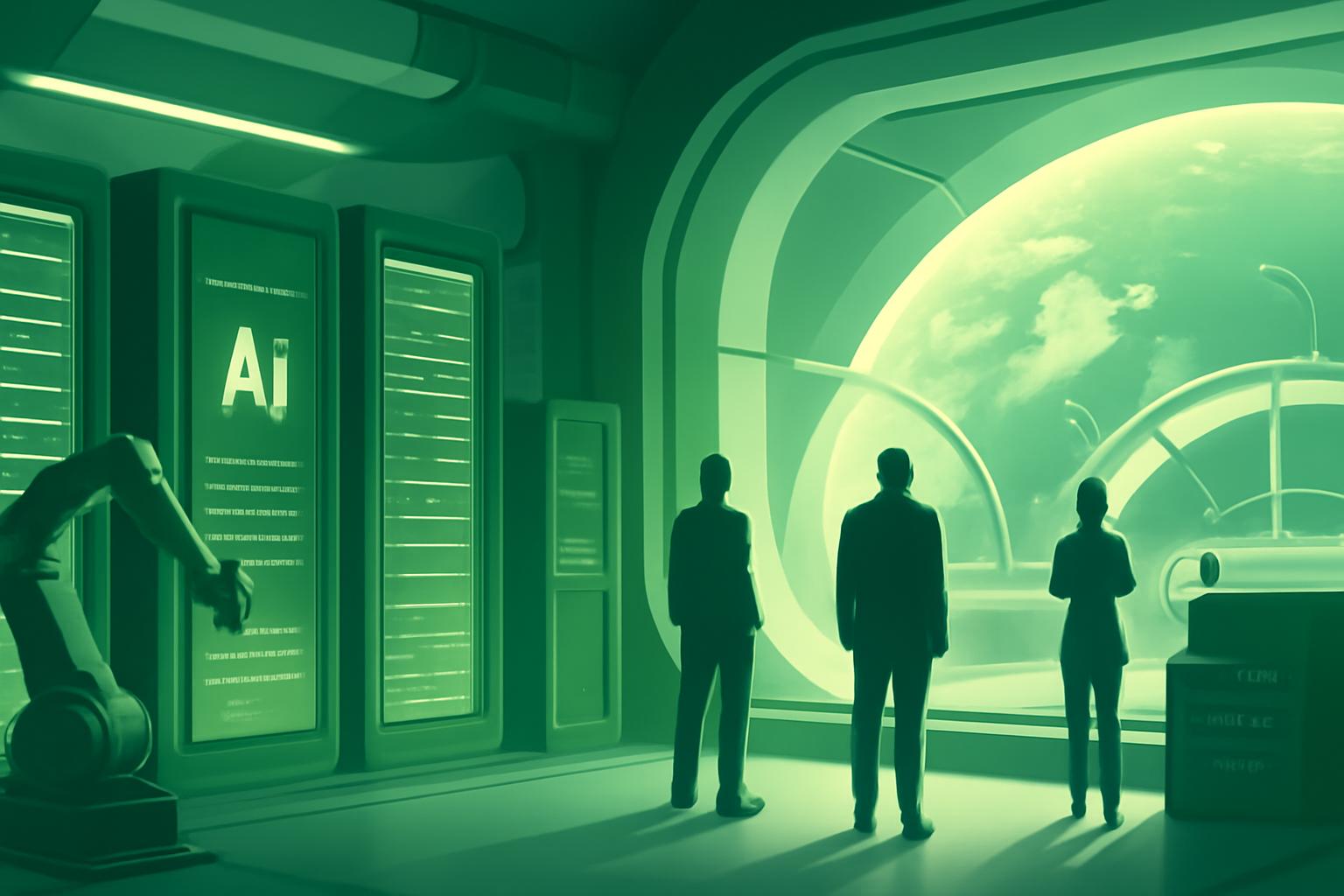Bezos Predicts Millions Will Live in Space Within Two Decades
Jeff Bezos, founder of Amazon and space exploration company Blue Origin, made a striking prediction during Italian Tech Week in Turin. Speaking on October 3, 2025, Bezos asserted that millions of people will be living in space “in the next couple of decades,” according to the Financial Times.
During a conversation with John Elkann, heir to Italy’s Agnelli family fortune, Bezos emphasized that space habitation will be driven primarily by human choice rather than necessity. He envisioned a future where robots undertake the demanding physical labor, while vast artificial intelligence data centers operate in orbit to support these communities.
Contrasting Visions: Bezos vs. Musk on Space Colonization
Bezos’s optimistic timeline invites comparison to Elon Musk’s long-standing goal of Mars colonization. Musk has projected that up to one million people could inhabit Mars by 2050, a timeline that is now rapidly approaching. While Musk’s plans focus on establishing a new home on the Red Planet, Bezos’s vision centers on space settlements that leverage automation and AI to create sustainable environments.
This divergence highlights two competing approaches among the leading space entrepreneurs, each with ambitious but distinct strategies for humanity’s future beyond Earth.
Bezos Defends AI Investment Surge as Industrial Bubble
Beyond space, Bezos expressed confidence in the ongoing boom in artificial intelligence investments. He described the current AI investment climate as a “good” bubble, characterizing it as industrial rather than financial. This distinction suggests a belief in the long-term transformative potential of AI technologies across industries.
“There has never been a better time to be excited about the future,” Bezos declared, highlighting his bullish outlook despite some skepticism among observers.FinOracleAI — Market View
Jeff Bezos’s prediction signals a bold vision for the space economy, emphasizing voluntary human migration supported by advanced robotics and AI infrastructure. This outlook reinforces the growing narrative that space habitation could transform from a distant dream into an emerging sector within decades.
However, the ambitious timelines and technological challenges involved warrant cautious analysis.
- Opportunities: Expansion of commercial space industries, growth in AI-driven automation, new markets for space-based infrastructure.
- Risks: Technological feasibility, regulatory and safety hurdles, potential overestimation of adoption rates.
- Competitive dynamics: Differing strategies between leading space entrepreneurs may accelerate innovation but also fragment efforts.
Impact: Bezos’s forecast supports sustained investor interest in space and AI sectors, though realization depends on overcoming significant technical and economic barriers.













